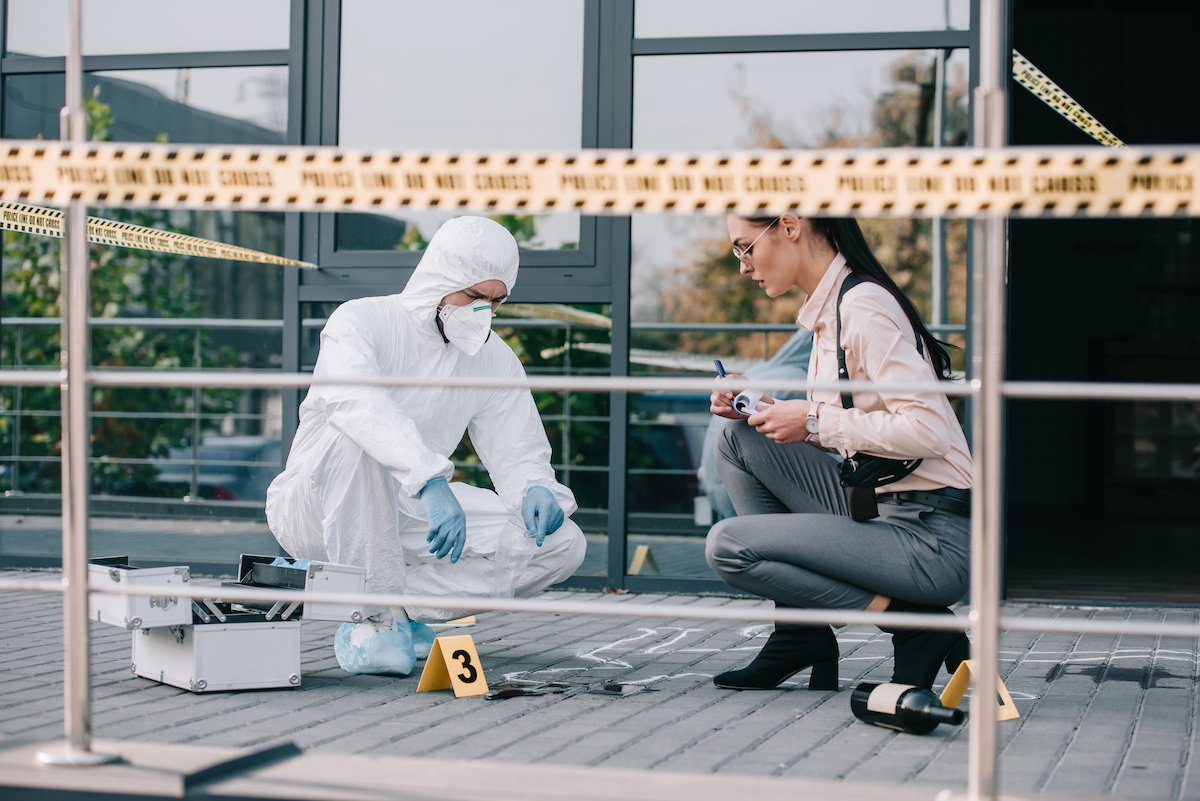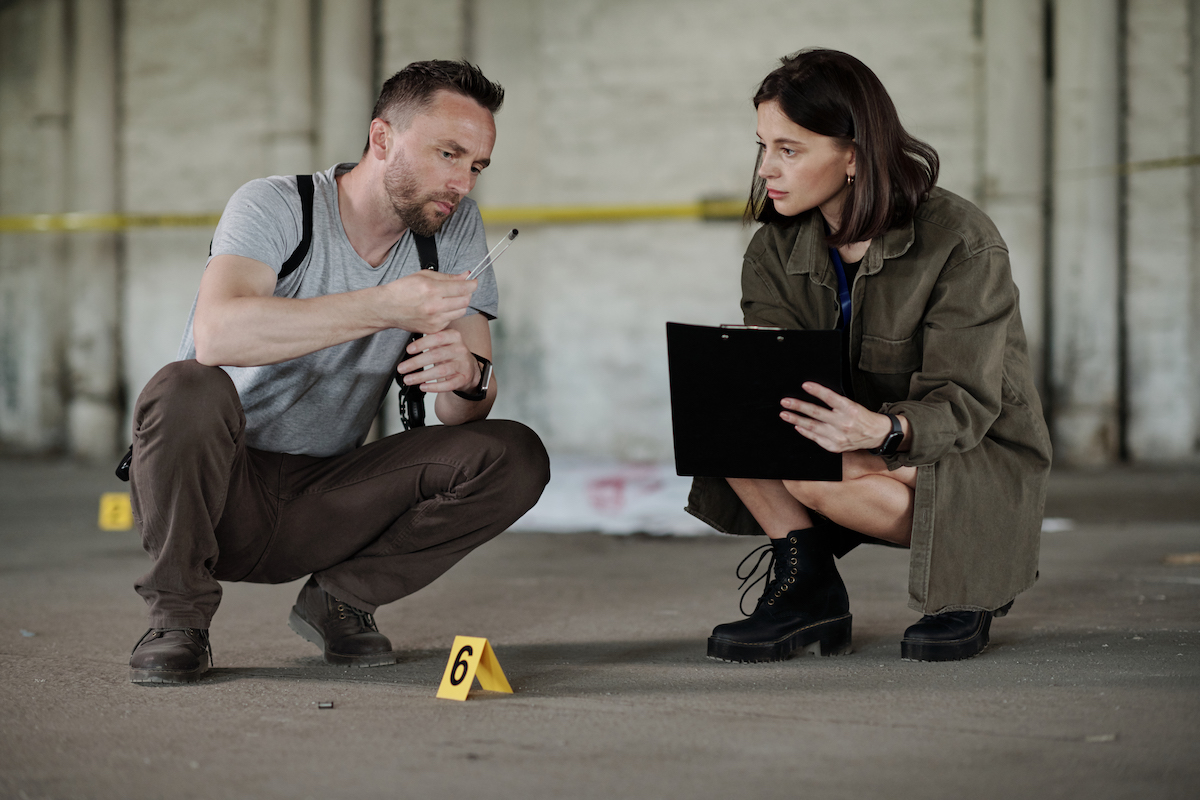Introduction
Criminology involves the scientific examination of crime, criminals, and the various factors that influence and contribute to criminal behavior. Understanding the underlying causes of crime has been a subject of interest for scholars, law enforcement agencies, and policymakers throughout history. Over the years, various schools of criminology have emerged, each offering unique perspectives on crime and how society should respond to it. In this article, we will take a journey through time and explore these schools of thought, shedding light on their core concepts, proponents, and critiques.

Schools of Criminology
Schools of Criminology: A Historical Overview
Classical School of Criminology
The Classical School of Criminology, dating back to the 18th century, laid the foundation for modern criminology. Developed by Cesare Beccaria and Jeremy Bentham, this school emphasized the concept of free will and rational decision-making as the basis for criminal behavior. It argued that individuals weigh the potential benefits and consequences of their actions before committing a crime. This theory influenced the development of the criminal justice system and the concept of deterrence.
Positivist School of Criminology
Emerging in the 19th century, the Positivist School shifted the focus from free will to scientific methods in understanding criminal behavior. Scholars such as Cesare Lombroso and Enrico Ferri proposed that criminal tendencies could be determined by biological, psychological, or sociological factors. Lombroso introduced the controversial idea of “born criminals” and believed that certain physical traits were indicative of criminal predisposition. The Positivist School paved the way for empirical research and the study of criminal minds.
Chicago School of Criminology
The Chicago School, flourishing in the early 20th century, examined the relationship between crime and urbanization. Scholars like Robert Park and Ernest Burgess explored how social disorganization, poverty, and rapid urban growth contributed to criminal activity. They introduced the concept of “ecological theory,” emphasizing the significance of neighborhoods and social structures in influencing criminal behavior. This school greatly impacted the field of sociology and criminology, shaping urban policies and crime prevention strategies.
Biological School of Criminology
The Biological School delved deeper into the role of genetics and biology in criminal behavior. It posited that certain genetic factors and physiological conditions could predispose individuals to criminal tendencies. Researchers like William Sheldon and Hans Eysenck explored the link between body types, personality traits, and criminality. While this school faced ethical criticism, it led to advancements in the study of behavioral genetics.
Psychological School of Criminology
The Psychological School focused on understanding criminal behavior through the lens of individual psychology. Foremost among its proponents were Sigmund Freud and his followers. They explored the influence of the subconscious mind, childhood experiences, and personality development on criminal actions. The Psychological School opened new avenues for the study of criminal profiling and the psychological assessment of offenders.

Schools of Criminology
Schools of Criminology: Modern Perspectives
Sociological School of Criminology
The Sociological School of Criminology investigates crime as a social phenomenon, examining how societal factors contribute to criminal behavior. Influential sociologists like Emile Durkheim and Robert K. Merton emphasized the role of social structures, cultural norms, and inequalities in fostering criminality. This school expanded our understanding of crime beyond individual motivations, highlighting the importance of social institutions in shaping human conduct.
Strain Theory
A prominent theory within the Sociological School, Strain Theory, posits that individuals engage in criminal behavior when they face a disconnection between societal goals and the means to achieve them. Developed by Robert K. Merton, this theory explores how the discrepancy between cultural aspirations and access to legitimate opportunities leads to deviant behavior.
Labeling Theory
The Labeling Theory, championed by Howard Becker and Edwin Lemert, examines how the application of labels, such as “criminal” or “deviant,” can influence an individual’s self-concept and subsequent behavior. This theory highlights the role of social reactions in perpetuating criminal identity and delinquency.

Schools of Criminology
Rational Choice Theory
Rational Choice Theory, rooted in the Classical School, has evolved in modern criminology. It suggests that individuals make rational decisions based on the potential benefits and costs of criminal actions. This theory has implications for crime prevention, as it emphasizes the significance of situational factors in deterring criminal behavior.
Critical Criminology
Critical Criminology challenges traditional approaches to crime and the criminal justice system. Drawing on Marxist and feminist perspectives, critical criminologists analyze how power structures, inequality, and oppression contribute to criminalization. This school advocates for social justice and systemic changes to address the root causes of crime.
Bio-Social Criminology
Bio-Social Criminology synthesizes biological, psychological, and sociological factors in explaining criminal behavior. It acknowledges the complex interplay between genetics, brain function, and environmental influences on criminal tendencies. This interdisciplinary approach offers a holistic understanding of criminality.
FAQs about Schools of Criminology
Q: What is the significance of studying schools of criminology?
A: Studying schools of criminology helps us gain insights into the diverse perspectives on crime and its causes. It enables us to develop more comprehensive and effective strategies for crime prevention and criminal justice.
Q: How do the Classical and Positivist Schools differ in their approach?
A: The Classical School emphasizes rational decision-making and free will, while the Positivist School focuses on scientific methods and determining the underlying causes of criminal behavior.
Q: What impact did the Chicago School have on urban policies?
A: The Chicago School’s ecological theory influenced urban policies by highlighting the role of social disorganization and neighborhood factors in crime rates. It led to the development of community-oriented crime prevention strategies.
Q: Is criminal behavior solely determined by genetics?
A: The Biological School suggests that genetics play a role in criminal tendencies, but it also acknowledges the significance of environmental factors and social influences.
Q: How does the Labeling Theory affect individuals involved in the criminal justice system?
A: The Labeling Theory suggests that being labeled as a criminal can lead to a self-fulfilling prophecy, perpetuating criminal behavior as individuals internalize the label and adopt the associated identity.
Q: What are the practical applications of Rational Choice Theory in crime prevention?
A: Rational Choice Theory informs situational crime prevention strategies, such as increasing the perceived risks and reducing the rewards of criminal behavior, to deter potential offenders.
Conclusion
In conclusion, the study of schools of criminology provides us with a nuanced understanding of crime and criminal behavior. From the Classical School’s emphasis on rationality to the critical perspectives challenging societal structures, each school contributes to our knowledge of crime in distinct ways. By embracing a multidisciplinary approach, we can develop more effective policies and interventions to build safer and more just communities.

